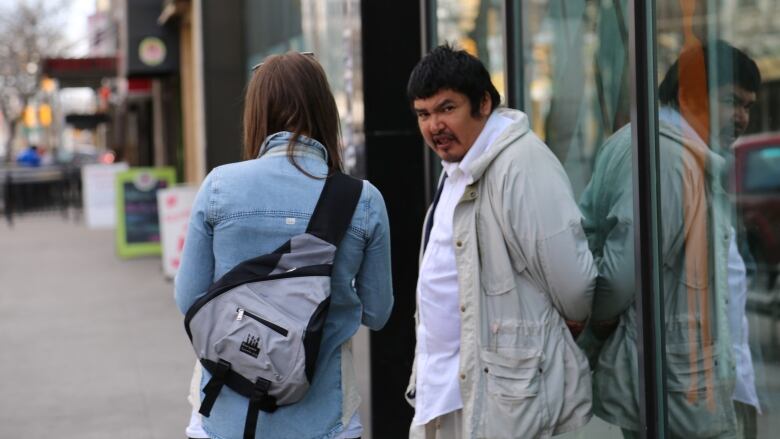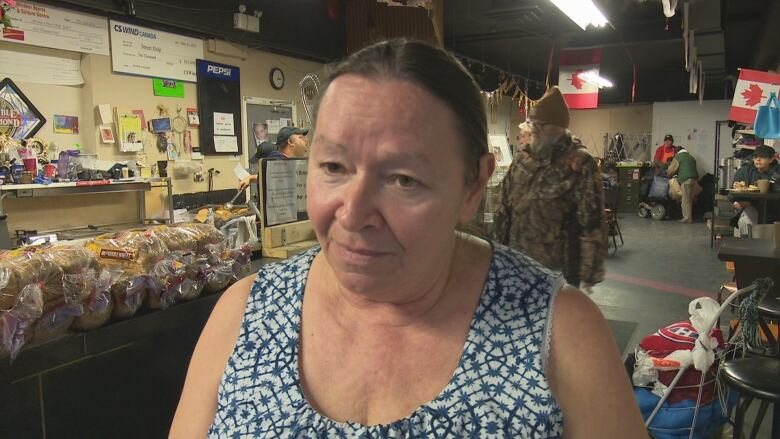High number of Aboriginal people among Windsor homeless

Aboriginal people are over represented in Windsor's homeless population, according to the latest survey conducted by the city.
A total of 201 people were living on the streets during the 24-hour street survey conducted back in April. A large portion of those surveyed identified as Aboriginal people, according to resultsreleased this week.
Those results are not surprising toEric Hill, executive director of Can-Am Urban Native Homes, a group that helps find affordable housing for Aboriginal people.
Hill says many people on the street are unaware of Can-Am services.
"We always have to reach out and try to find people," he said. "They don't necessarily know about the services we offer."
The survey, conducted by the city andHomeless Coalition of Windsor Essex County, found that 29 per cent of the single homeless population self identified as Aboriginal people. Seven per cent of families also identified as Aboriginal people.
Staggering numbers
Authors of that report found that figurestaggering, considering the Windsor region has a population of 2.1 per cent.
"As is the case in urban centres across the country, homelessness is disproportionately represented amongst Aboriginal persons," the report states.
Street Help Homeless Centre sees the high number of Aboriginal homeless people, according to Christine Wilson-Furlonger, who runs the shelter.

She says there is likely more Aboriginal people living on the street than the survey found.
"I thought the numbers are really small and didn't really reflect the true numbers," she said.
The city's report also outlines a host of causes for the large number of Aboriginal people living on the streets in Windsor and across the country, including "poor living conditions" on reserves, "bleak" employment opportunities, discrimination and racism.
"It is perhaps no wonder that there are so many Aboriginal people that are homeless across the country," the report states.












_(720p).jpg)


 OFFICIAL HD MUSIC VIDEO.jpg)
.jpg)



























































































